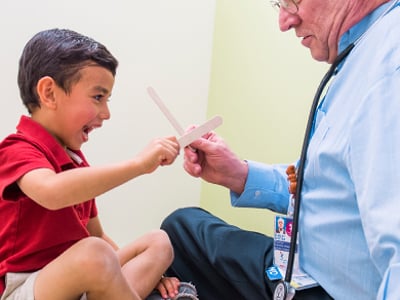- Doctors & Departments
-
Conditions & Advice
- Overview
- Conditions and Symptoms
- Symptom Checker
- Parent Resources
- The Connection Journey
- Calm A Crying Baby
- Sports Articles
- Dosage Tables
- Baby Guide
-
Your Visit
- Overview
- Prepare for Your Visit
- Your Overnight Stay
- Send a Cheer Card
- Family and Patient Resources
- Patient Cost Estimate
- Insurance and Financial Resources
- Online Bill Pay
- Medical Records
- Policies and Procedures
- We Ask Because We Care
Click to find the locations nearest youFind locations by region
See all locations -
Community
- Overview
- Addressing the Youth Mental Health Crisis
- Calendar of Events
- Child Health Advocacy
- Community Health
- Community Partners
- Corporate Relations
- Global Health
- Patient Advocacy
- Patient Stories
- Pediatric Affiliations
- Support Children’s Colorado
- Specialty Outreach Clinics
Your Support Matters
Upcoming Events
Colorado Hospitals Substance Exposed Newborn Quality Improvement Collaborative CHoSEN Conference (Hybrid)
Monday, April 29, 2024The CHoSEN Collaborative is an effort to increase consistency in...
-
Research & Innovation
- Overview
- Pediatric Clinical Trials
- Q: Pediatric Health Advances
- Discoveries and Milestones
- Training and Internships
- Academic Affiliation
- Investigator Resources
- Funding Opportunities
- Center For Innovation
- Support Our Research
- Research Areas

It starts with a Q:
For the latest cutting-edge research, innovative collaborations and remarkable discoveries in child health, read stories from across all our areas of study in Q: Advances and Answers in Pediatric Health.


Pediatric Healthcare Professional Resources

2000+
Board-certified pediatric specialists
TOP 5
Research hospital in the U.S.
TOP 25
In the U.S. for all 10 specialties

Request coordination of multiple appointments
Our Multiple Appointment Resource Team (MART) is a concierge service that provides patients, families and providers with a single point of contact to schedule appointments with two or more specialists so patients can get the care they need in the fewest trips possible.
Call: 720-777-3400
Fax: 720-777-7985
Email: MART@childrenscolorado.org

Download the latest in pediatrics
Join our monthly Pediatric Download series to hear the latest from pediatric specialists and connect with other experts in your field.

TigerConnect
TigerConnect is a fully HIPAA-compliant text messaging app that allows referring providers to quickly and conveniently communicate with pediatric specialists at Children's Colorado about shared patients.
Stay informed
Always on the cutting edge, we at Children's Hospital Colorado know that learning leads to new treatments.
Specializing in the big things, little things and everything in between
Treat 1,400+ infants each year
Only 3D motion orthopedic center in the region
75+ conditions treated
85% cure rate for kids' cancer and blood disorders
#3 in the nation for gastroenterology and GI Surgery
#4 in the nation for diabetes and endocrinology
Perform nearly all types of fetal surgery
500+ lifesaving heart transplants
100+ breathing experts



 720-777-0123
720-777-0123






